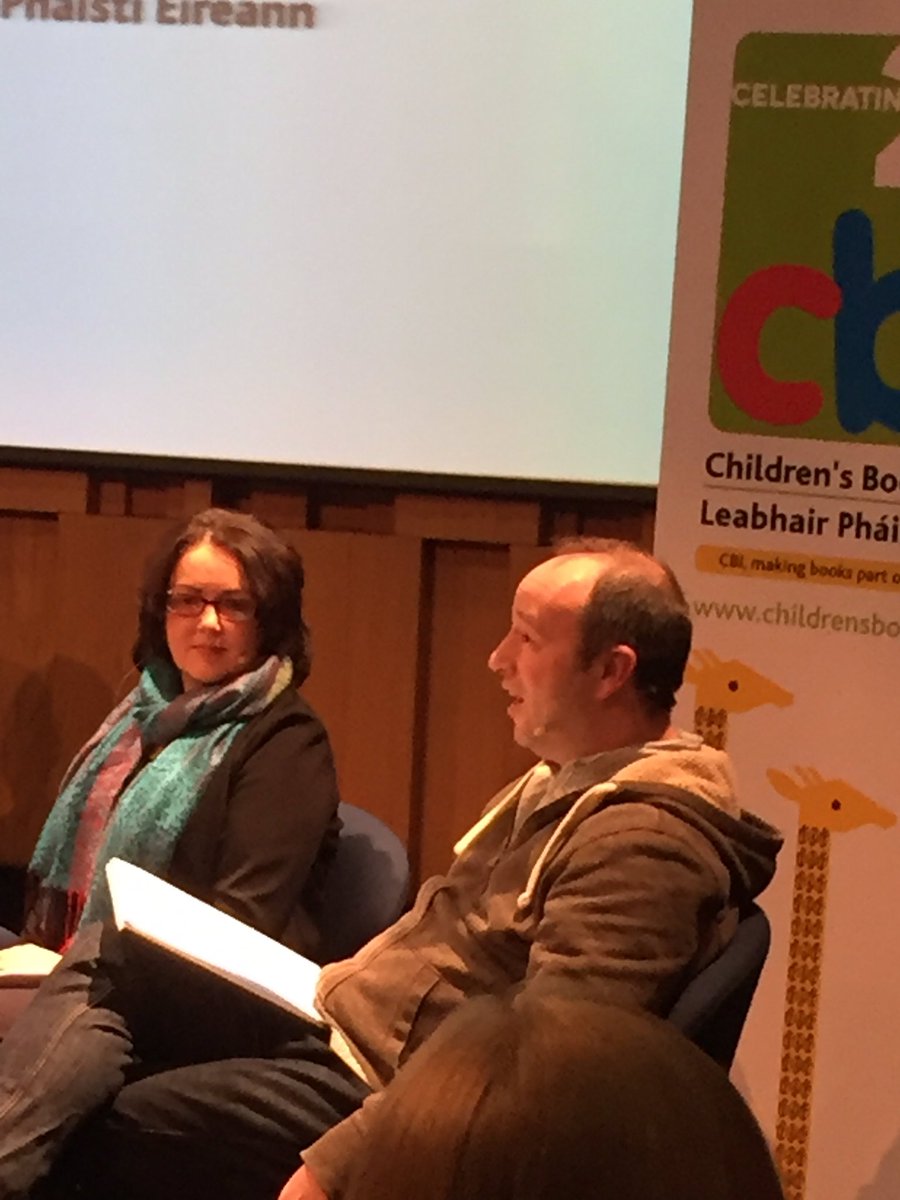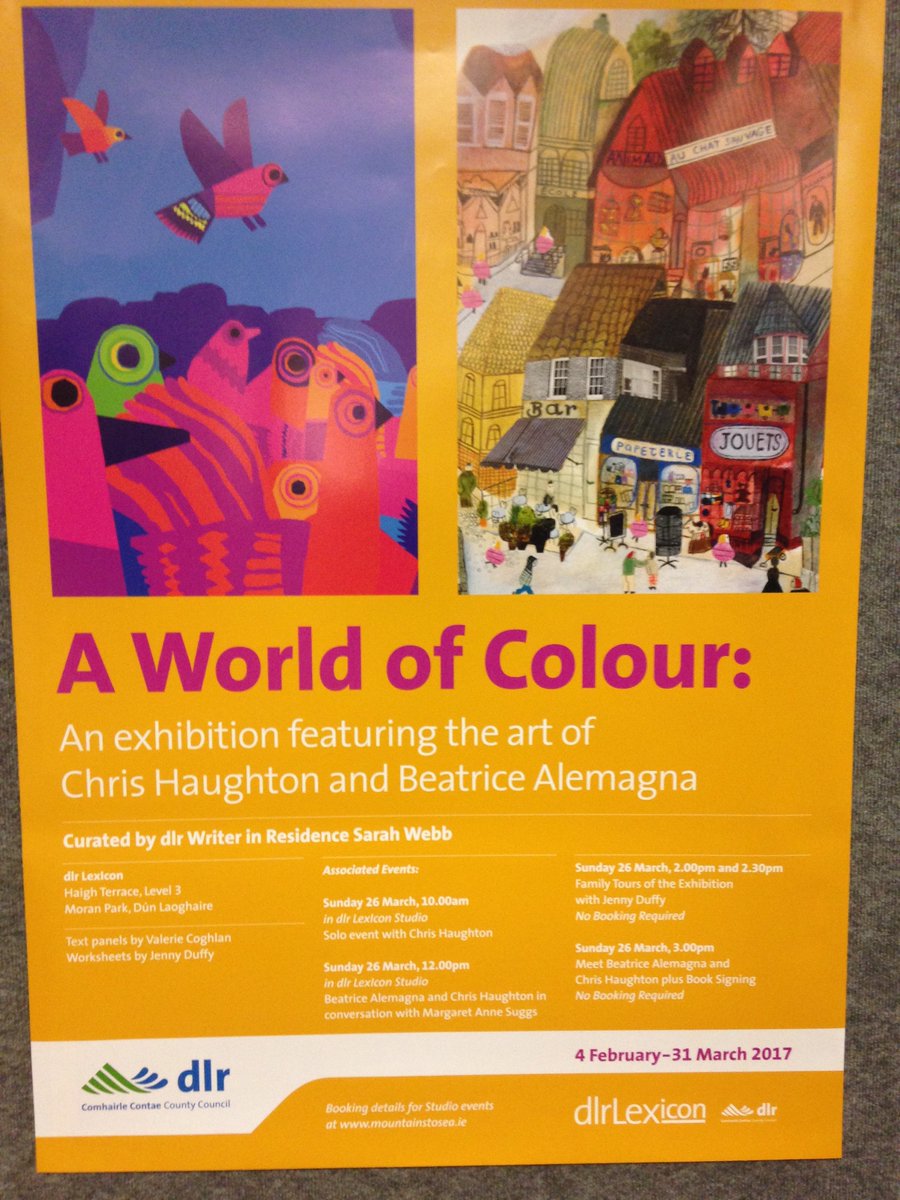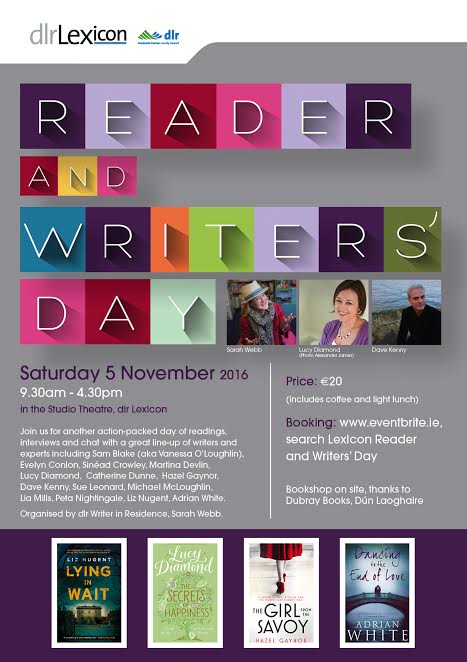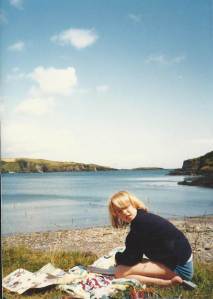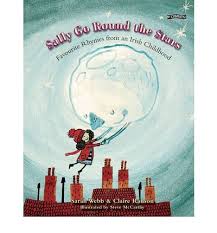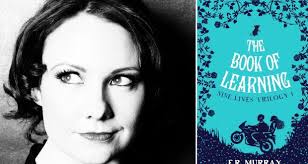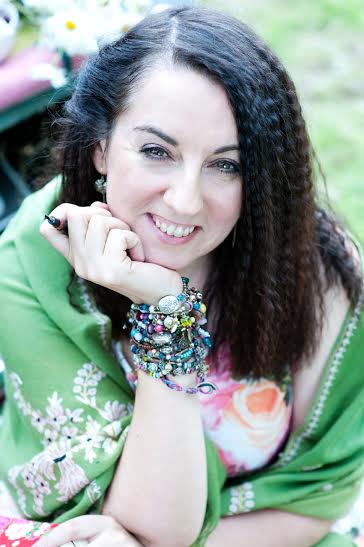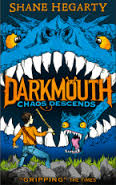Every year I try to update this post - one of the most popular posts on my blog. I hope it's helpful. If you are a published writer or illustrator and would like to recommend your agent, please contact me. I'd be delighted to add your agent to the list.
All the agents on this list are recommended by people in the know - their clients, children’s writers and illustrators. Thank you to all the writers and illustrators who have responded to my call out for recommendations over the years. There was a terrific response this year and it is much appreciated.
Irish Publishers (You do not need an agent to submit to Irish publishers)
In Ireland we are lucky to have publishers like The O’Brien Press whose editors are happy to read unsolicited manuscripts. The O’Brien Press are mainly looking for manuscripts from Irish or Irish based writers and illustrators. You can send your book directly to one of their editors. Submission details are on their website and they publish a wide range of picturebooks, fiction and non-fiction for children and young people (and adults in fact), including my books: https://www.obrien.ie/submissions
The team at Little Island are also happy to read unsolicited manuscripts and they publish a wide range of books for children, fiction including verse novels, non fiction and poetry collections (however they do close submissions at certain times of the year so check before sending): https://www.littleisland.ie/pages/getting-published
Gill Books publish some terrific picturebooks, children’s fiction and children’s non-fiction. Venetia Gosling is their new Associate Publisher and she is in charge of the children’s list.:
https://www.gillbooks.ie/write-for-us
HarperCollins Ireland has recently appointed an editor, Catherine Gough who is actively looking for new children’s books. opensubmissions@harpercollins.ie
Website link here
Bonnier Books has also recently appointed an Irish publishing director, Deirdre Nolan
Find out what she’s looking for here
Bonnier website
Deirdre’s Linked in page (in case it’s useful) https://www.linkedin.com/in/deirdre-nolan-a8738257/?originalSubdomain=ie
Mercier and Poolbeg also publish some children’s books and accept unsolicited manuscripts.
Mercier: Submissions can be sent by email to commissioning@mercierpress.ie or by post to Commissioning Editor, Mercier Press, Unit 3B, Oak House, Bessboro Road, Blackrock, Cork, Ireland.
UK Publishers
Most UK publishers do not accept unsolicited manuscripts so you will need to submit your work through an agent.
WHAT DOES AN AGENT DO EXACTLY?
1/ An agent can advise you on your manuscript and on how to make it more attractive to a publisher. Many will act as editors and help improve a manuscript before it is sent out to editors.. They are also excellent at coming up with strong book titles as I’ve discovered.
2/ An agent can find the right editor or publisher for your work – like a book matchmaker. And they can sell your UK, US, digital and foreign rights. They can also look after any film or television rights.
3/ Agents deal with the difficult and technical area of contracts. This is particularly important at the moment as digital rights can be tricky.
4/ Financial back up – they can chase up your royalties and talk to your publishers about outstanding monies owed to you.
These days having potential isn’t enough, your manuscript must be as perfect as you can make it before it goes anywhere near a publisher. A good agent can play a vital role in this process.
WHO REPRESENTS SOME OF THE BEST CHILDREN'S WRITERS?
Remember to check each agent’s website for submission guidelines before you send anything out. Or ring the agency for details – I know it’s daunting but they can advise you on how (or if) to submit. Be warned – you may get the agent herself/himself on the phone. Be prepared.
RECOMMENDED CHILDREN’S AGENTS: IRISH WRITERS
Eoin Colfer is represented by Sophie Hicks. Sophie is a very experienced agent and her writers rate her highly. She also represents Oisín McGann. www.sophiehicksagency.com
Lucy Coats adds ‘Sophie Hicks of SHA is, of course, the best agent in the world! Sympathetic and positive in adversity, great sense of humour and fights her authors’ corner like a tigress on speed. Highly recommended.’
Derek Landy is represented by Michelle Kass, who also represents Patrick Ness. www.michellekass.co.uk
Sarah Webb, Steve McCarthy and Chris Judge are represented by the wonderful Philippa Milnes Smith at The Soho Agency. She is hugely experienced, wise, kind and patient, a joy to work with.
Steve McCarthy says: ‘I'll second that for Philippa! I can attest to her kindness, wise-ness and hilarity.’
Contact: https://thesohoagency.co.uk/submission
Marita Conlon McKenna is represented by Caroline Sheldon www.carolinesheldon.co.uk
Patricia Forde is represented by Anne Clarke. Trish says ‘She is absolutely wonderful and I recommend her wholeheartedly!’
http://anneclarkliteraryagency.moonfruit.com/home/4574290903
Elizabeth Rose Murray recommends her agent, Sallyanne Sweeney of Mulcahy Associates. She says she’s ‘supportive, thorough, creative, knowledgeable & really champions her authors. And she really loves children’s/YA literature too – always a bonus!’
Mary Murphy says ‘I have an amazing agent, Clare Pearson of Eddison Pearson… personal attention, huge understanding of young books, background of editing in Walker. Completely champions her authors and I know some of my books would not see the light of day without her inspirational responses. She attends to each author herself, and so while she is open to submissions, she can only take on the occasional new client.’
Let's hear from some other Irish writers:
Dave Rudden: 'I'm with Clare Wallace at Darley Anderson - can't recommend her enough!'
Clare also represents Olivia Hope.
Shirley McMillan: 'My agent is Jenny Savill at Andrew Nurnberg Associates. She is wonderful.'
Jenny also represents Nigel Quinlan.
Kelly McCaughrain recommends her agent Kirsty McLachlan at Morgan Green Creatives. She says ‘She's so kind, knowledgeable and dependable and my friends are quite jealous about how quickly she gets back to me about anything!’
Sinéad O'Hart is represented by Polly Nolan. Sinéad says: ‘She's an excellent editorial agent, very supportive, and someone I'm glad to have on my team.’
Celine Kiernan says: 'I changed agencies late 2015. I am with Sallyanne Sweeney now, of Mulcahy Literary Agency. Have worked with her on two books now and find her wonderful.'
Aislinn O’Loughlinn says Amber Caraveo at Skylark Agency is a wonder. She says ‘I’d absolutely recommend her to any querying author, she’s so amazingly warm & supportive, with a brilliant editorial brain as well!’
Alison Weatherby recommends her agent Lucy Irvine at PFD Agents
Marianne Gunn O'Connor represents Shane Hegarty and Triona Campbell. Triona says ‘she is just a #warrior when it comes to making dreams come true’
Sue Divin recommends her agent Laura Williams at Greene and Heaton Agency.
Eilish Fisher recommends Joanna Moult at the Skylark Agency. As does Olivia Wakeford.
RECOMMENDED AGENTS - UK AND INTERNATIONAL WRITERS
Hannah Gold recommends Claire Wilson and Sam Copeland from RCW Agency.
Louie Stowell recommends her agent Molly Ker Hawn. ‘She's a fantastic champion, 10/10 would recommend.’
Jay Joseph recommends Becky Bagnell
Meredith Vigh recommends Christabel McKinley at David Higham
Lucy Farfort recommends Ash Literary
Svani Parekh recommends Lydia Silver at DA Children’s Agency As does Rashmi Sirdeshpande
Lizzie Huxley-Jones recommends Abi Fellows at The Good Lit Agency
Leigh-Ann Hewer recommends Maddy Belton at MM Literary Agency
Natasha Holmes recommends Megan Carroll from Watson, Little, Ltd. She says ‘Wonderful editorial input, inclusive, approachable & v witty contributor to any panel event.’
Jennifer Claessen recommends Jenny Savill from Andrew Nurnberg Associates
Frances Stickley recommends her agent Penny Holroyde. She adds ‘I want to keep her secret like a good Cornish beach. But she’s far from secret, she’s the best.’
Ian Eagleton recommends Spring Literary
MG Leonard recommends Kirsty McLachlan at Morgan Green Creatives. She calls her a ‘battle angel’ which is rather wonderful!
Rachel Hamilton recommends Louise Lamont at LBA Books
Lindsay Galvin recommends Clare Wallace from DA Agency. She says ‘She has overhauled my experience of being an author. She's creative, honest, efficient, insightful. We have a true partnership. I seriously doubt I could have made writing my full time career without her.’
Lucille Abendanon recommends Thérèse Coen from SLA Agency
Kathryn Evans recommends Sophie Hicks
Kaye Umansky recommends Caroline Sheldon
George Griffiths recommends Claire Wallace from DA Agency
Kathryn Foxfield recommends Chloe Seager from Madeleine Milburn Agency, as do Nazima Pathan and Maisie Chan.
Maz Evans recommends Veronique Baxter. She says ‘Professional, ethical, passionate and a dear friend. Very lucky to have her.’
Lesley Parr recommends Amber Caraveo from Skylark Agency ‘The most wonderful wonder of all! Communicative, astute, kind, wise - everything on my agent wish list. And a Buffy fan, so many boxes ticked.’
Ash Bond recommends Jessica Hare at The Agency
Eve Ainsworth: 'I'm with Stephanie Thwaites at Curtis Brown, she's fab.'
Russell Sanderson and Lu Hersey recommend their agent, Ben Illis.
Zana Fraillon recommends her agent, Claire Wilson.
Jo Nadin says: ‘I love Julia Churchill without reservation. She’s quietly kickass, clever, kind, and, best of all, listens.’
Anne-Marie Conway recommends Julia Churchill, as does John Dougherty
Julia Churchill (A M Heath) says 'My speciality is checking if people need to go to loo before meetings.' Nikki Sheehan says Julia 'Would win against 100 horse sized ducks.'
Mark Burgess: 'I’m represented by excellent & wonderful Nancy Miles of Miles Stott Children's Literary Agency. She also represents Gill Lewis & Frances Hardinge.'
Sarah McIntyre: ‘I'm represented by Jodie Hodges at United Agents, she's brilliant! I couldn't do without her, she keeps my life in order.’
Annaliese Avery recommends her agent Helen Boyle from Pickled Ink. She says ‘Helen is the most supportive champion, her knowledge of the industry is second to none and the esteem that I, her other authors and illustrators, and publishers hold her is is immense!’
Teo Georgie recommends Inkling Illustration
Holly Ryan recommends her agent Lorna Hemingway at BLM Agency.
Catherine MacPhail says: ‘Caroline Sheldon. Always keeps in touch. Great agent.’
Cathy Brett says ‘And Felicity Trew, Caroline's co-agent. A little terrier!’
Mary Hoffman: ‘ It was Pat White and, since her retirement, is now Claire Wilson, both of Rogers, Coleridge and White.’
Also recommend are:
Eve White, Eve White Literary Agency
Catherine Clarke at Felicity Bryan
Robert Kirby at United Agents
Jodie Hodges at United Agents (recommended by William Bee); Catherine Mary Summerhayes, Jo Unwin and Clare Conville at United Agents
Hilary Delamere at The Agency
Lindsey Fraser at Fraser Ross
Gemma Cooper at The Bent Agency
Penny Holroyde at Holroyde Cartey
Elizabeth Roy – www.elizabethroy.co.uk
Laura Cecil – www.lauracecil.co.uk
Sam Copeland and Claire Wilson at Rogers Coleridge and White – www.rcwlitagency.com
Good luck with finding a great agent







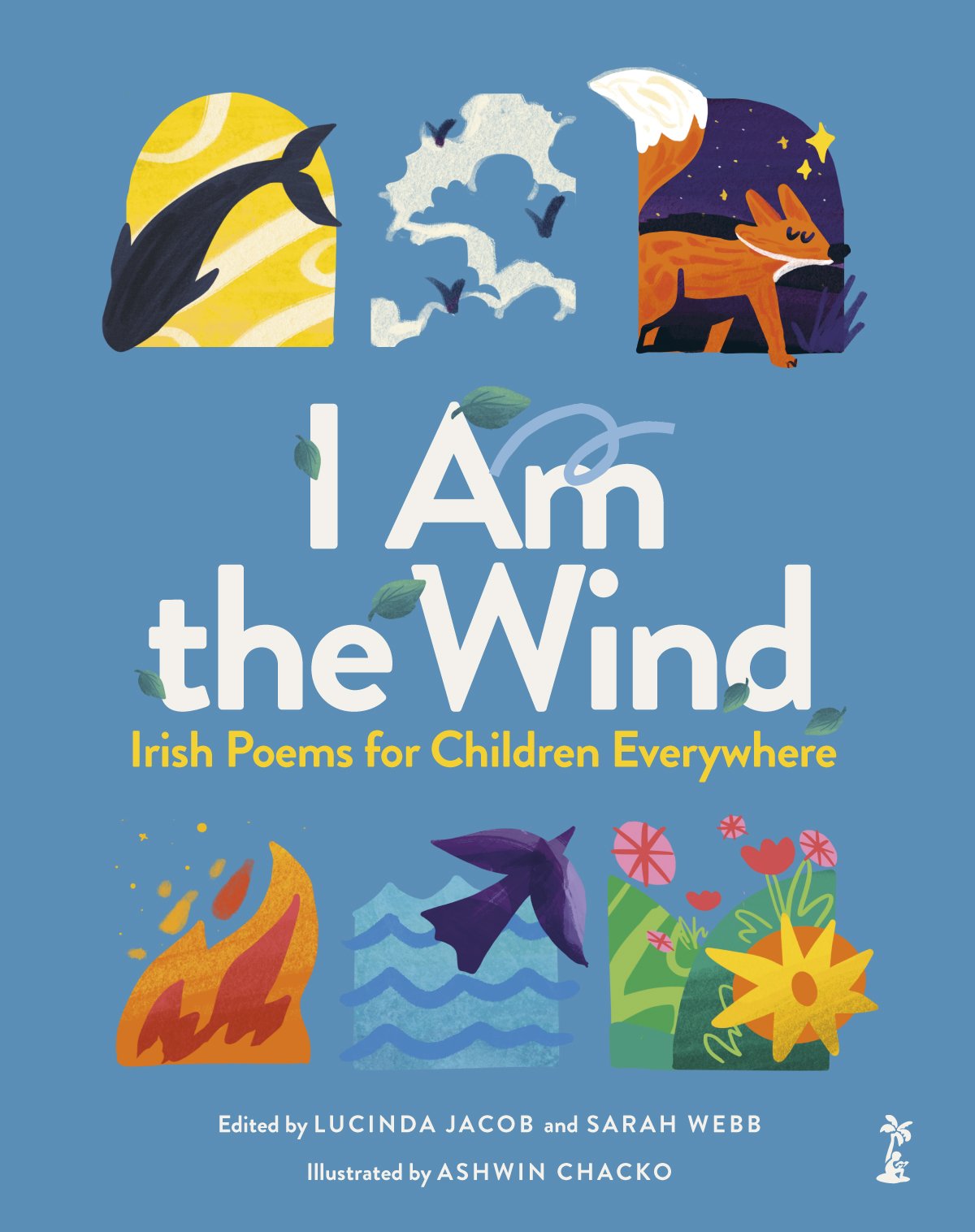
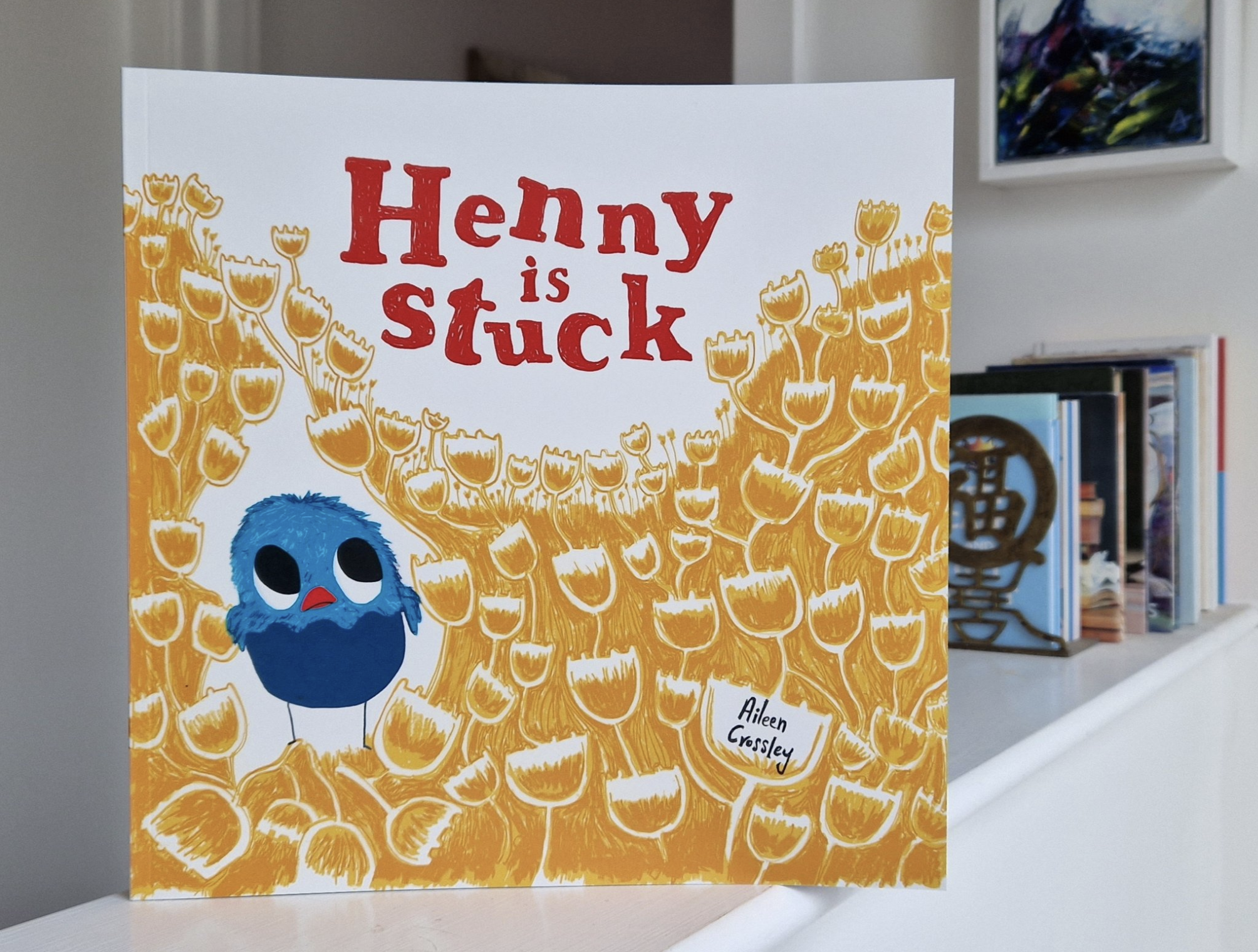

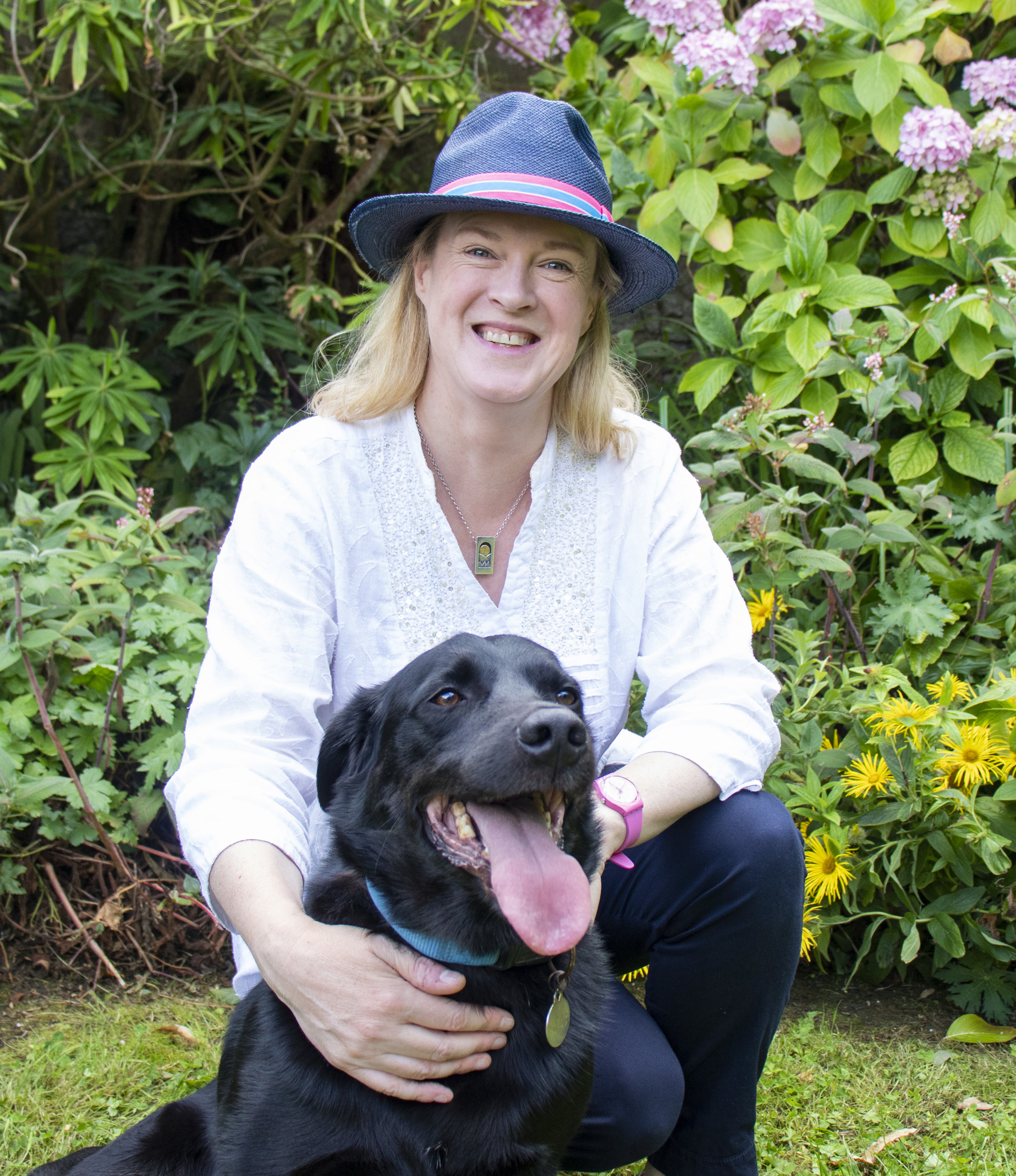






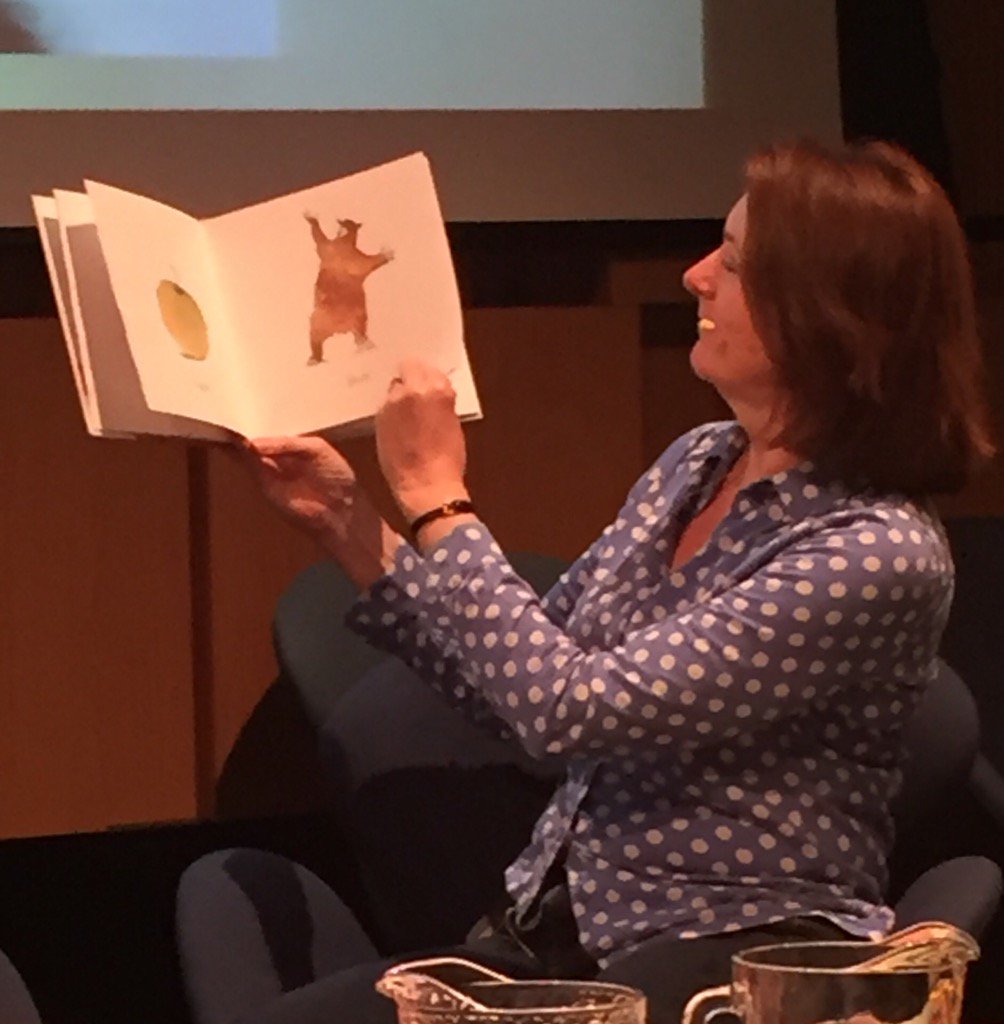
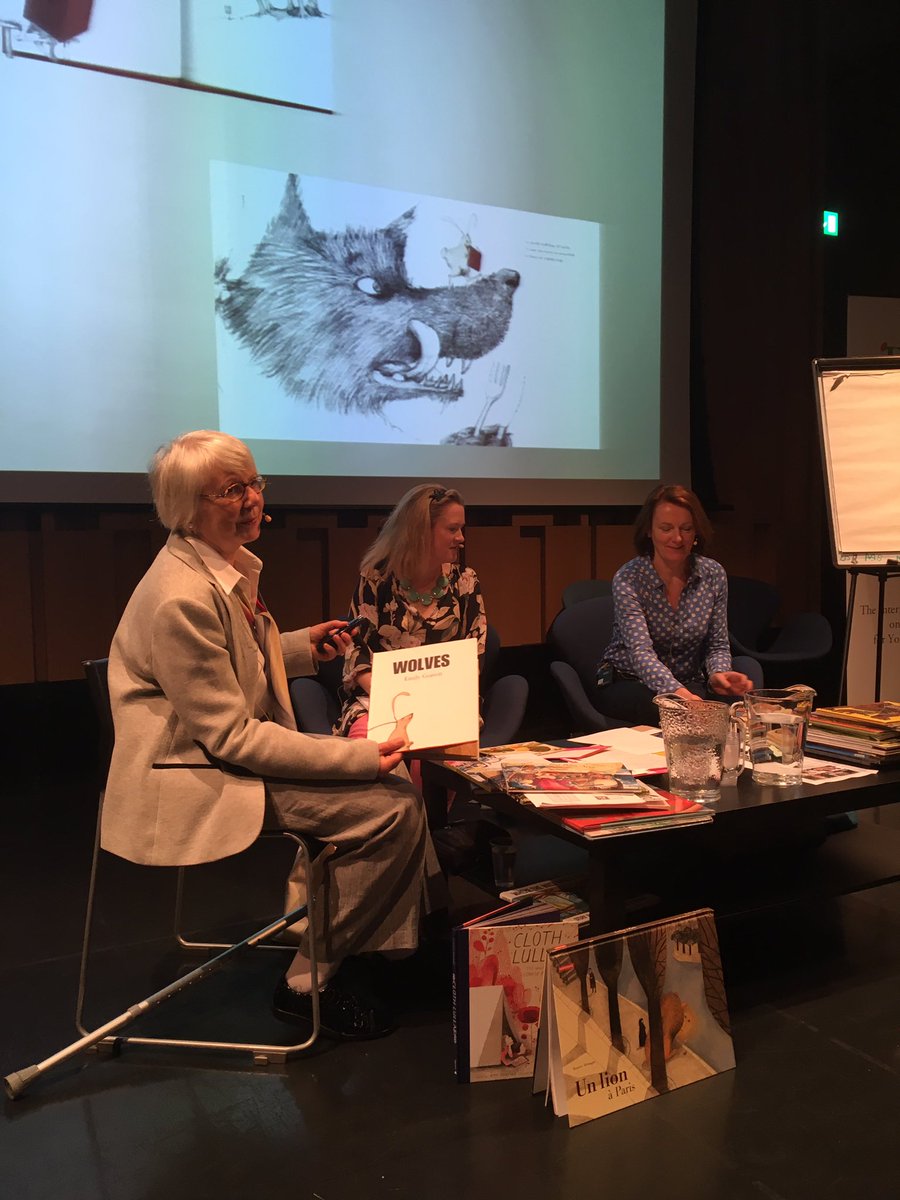
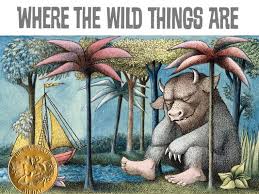
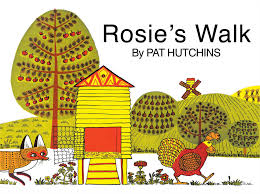
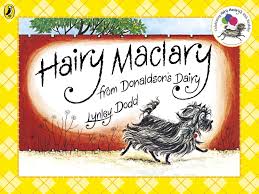
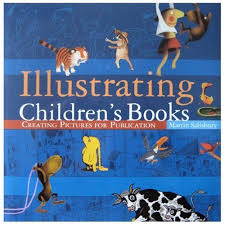




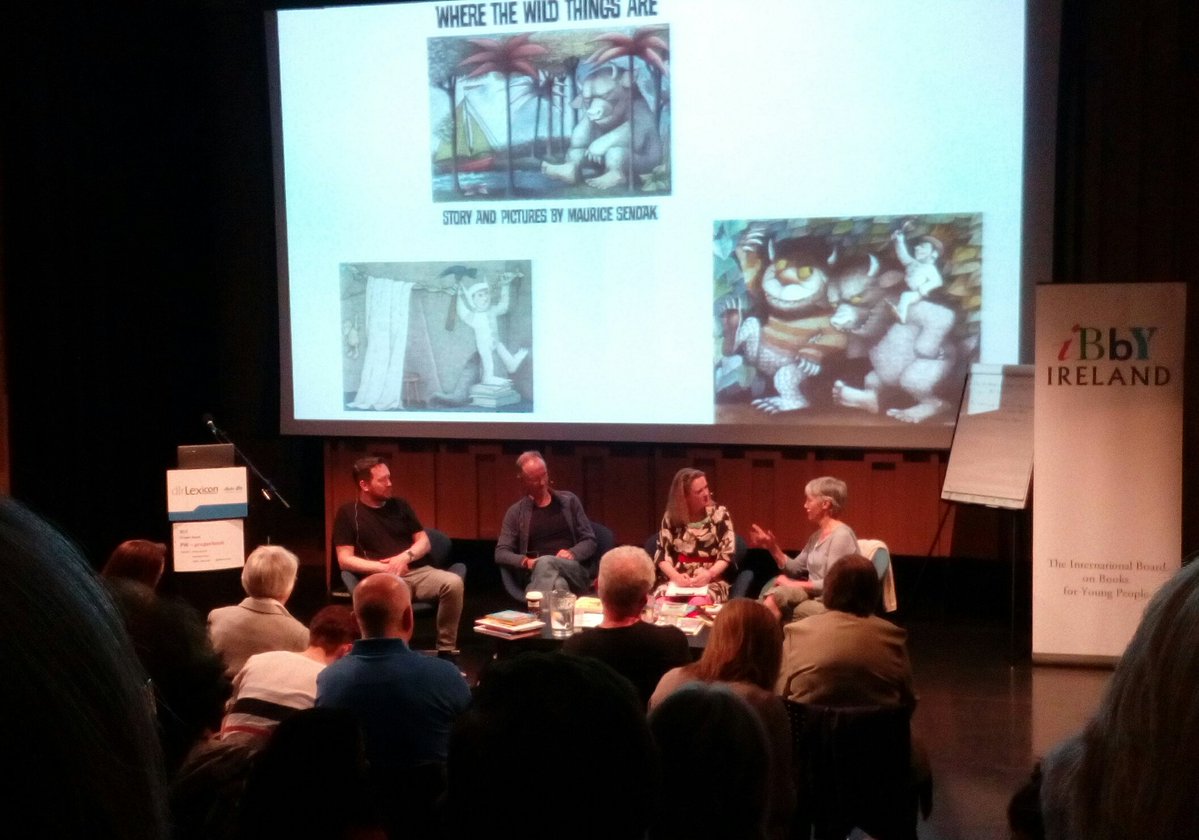
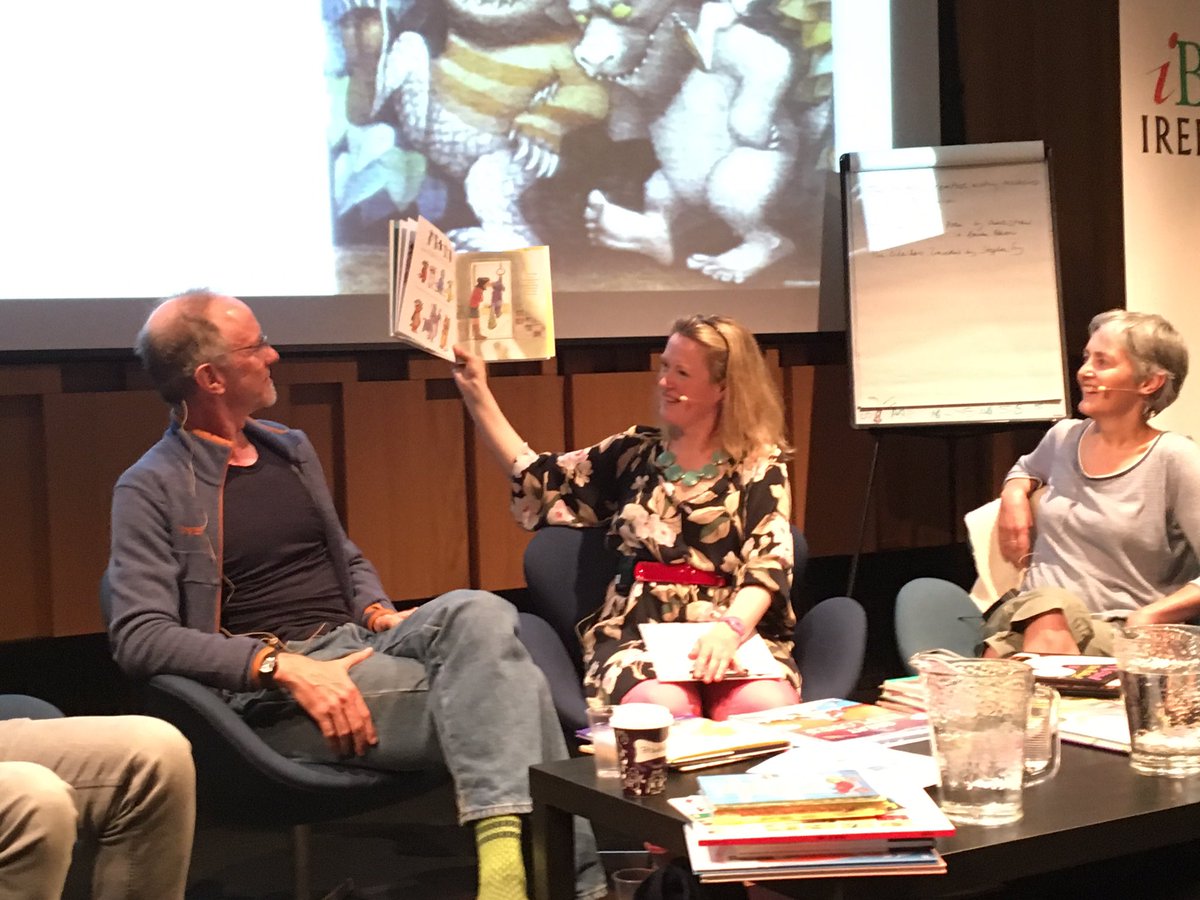
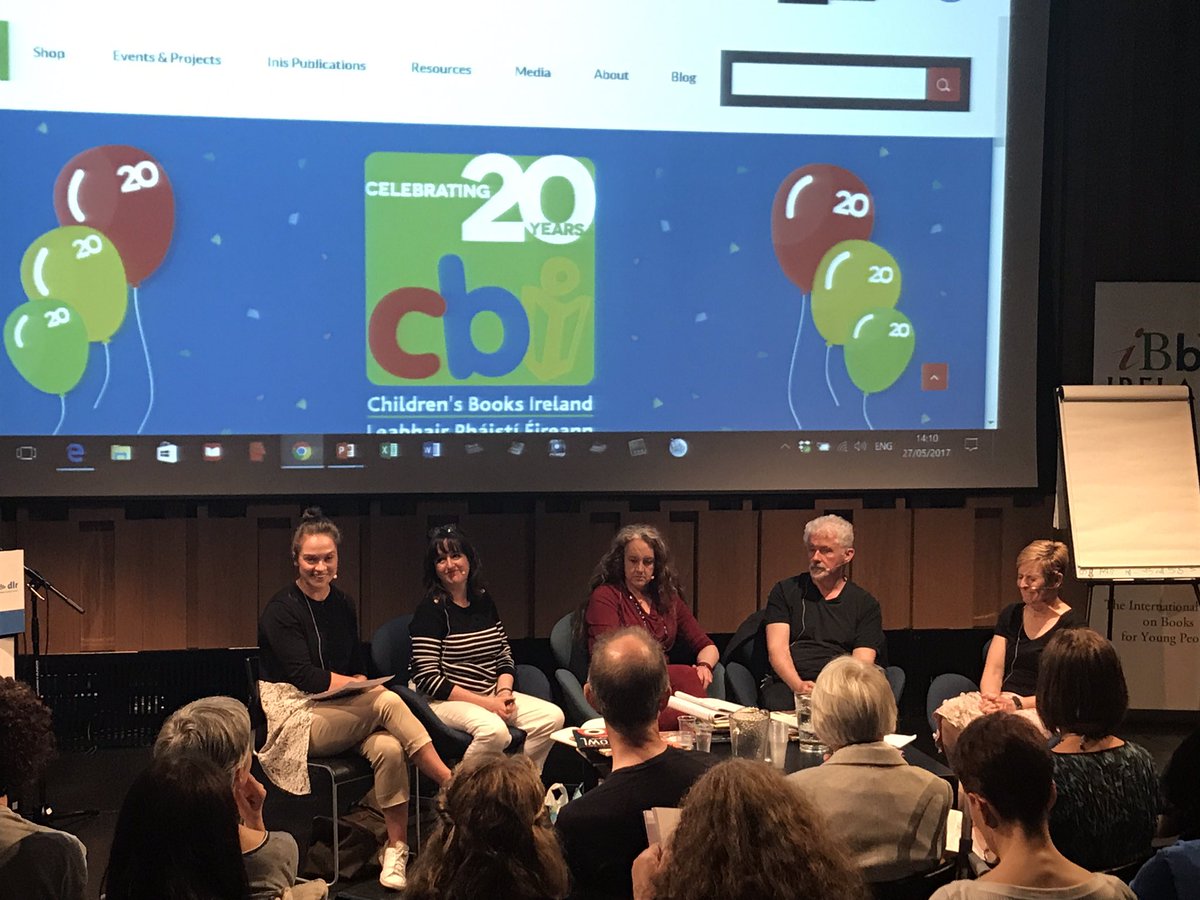
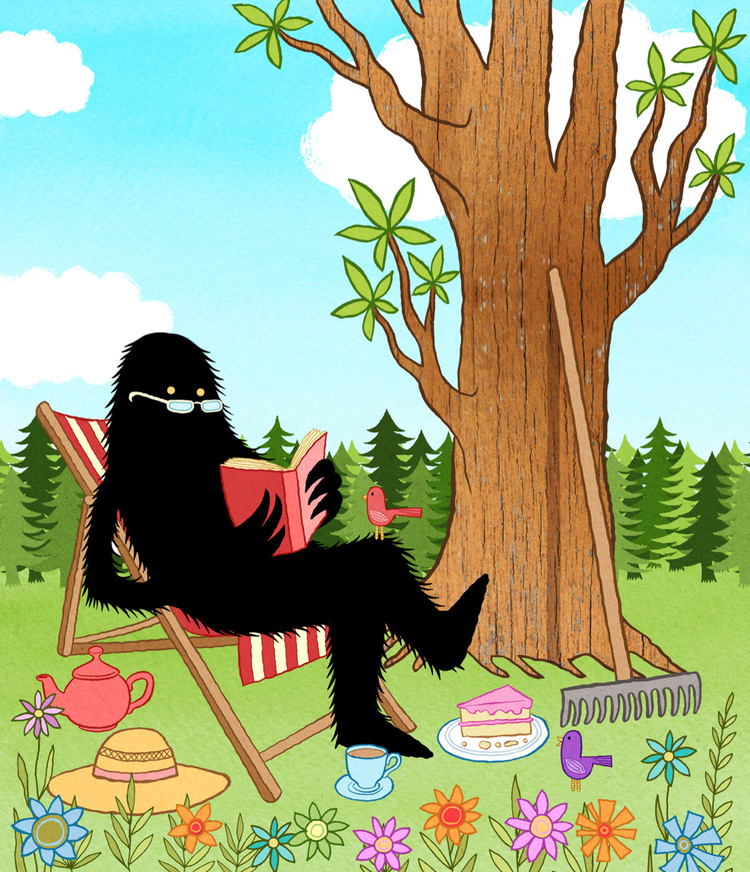
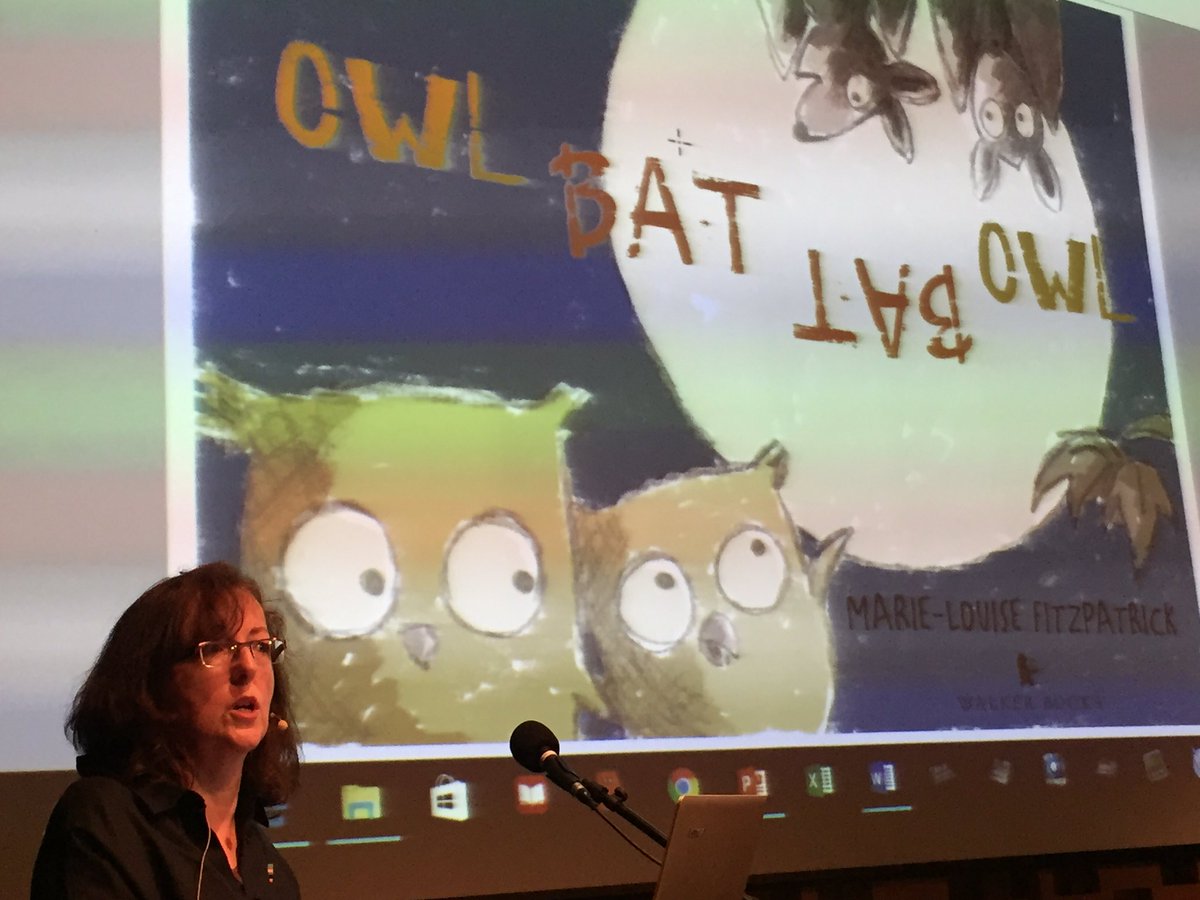
![IMG_4138[1].JPG](https://images.squarespace-cdn.com/content/v1/58973315e4fcb5808a5b7d9e/1495906190232-PE2QJ597VZ2M05UOBMJI/IMG_4138%5B1%5D.JPG)
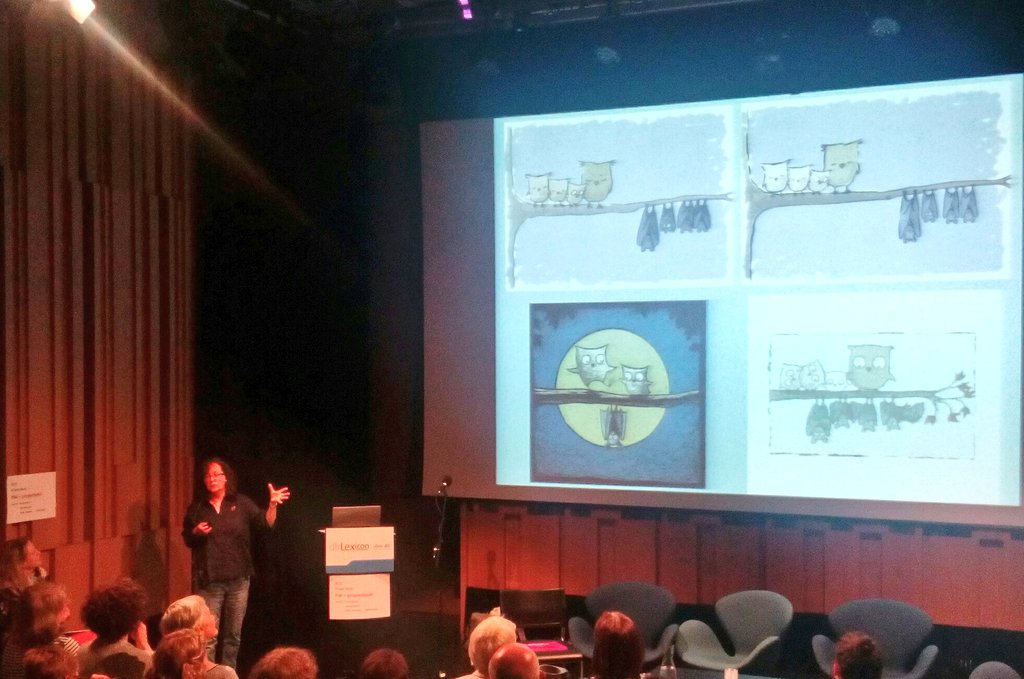
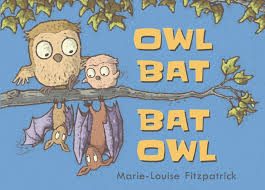

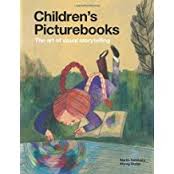

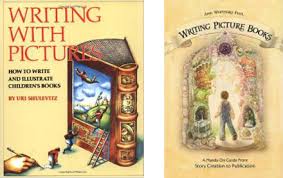
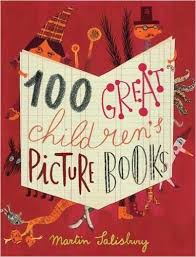
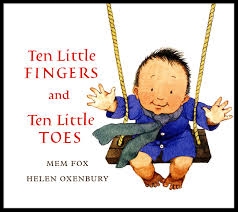
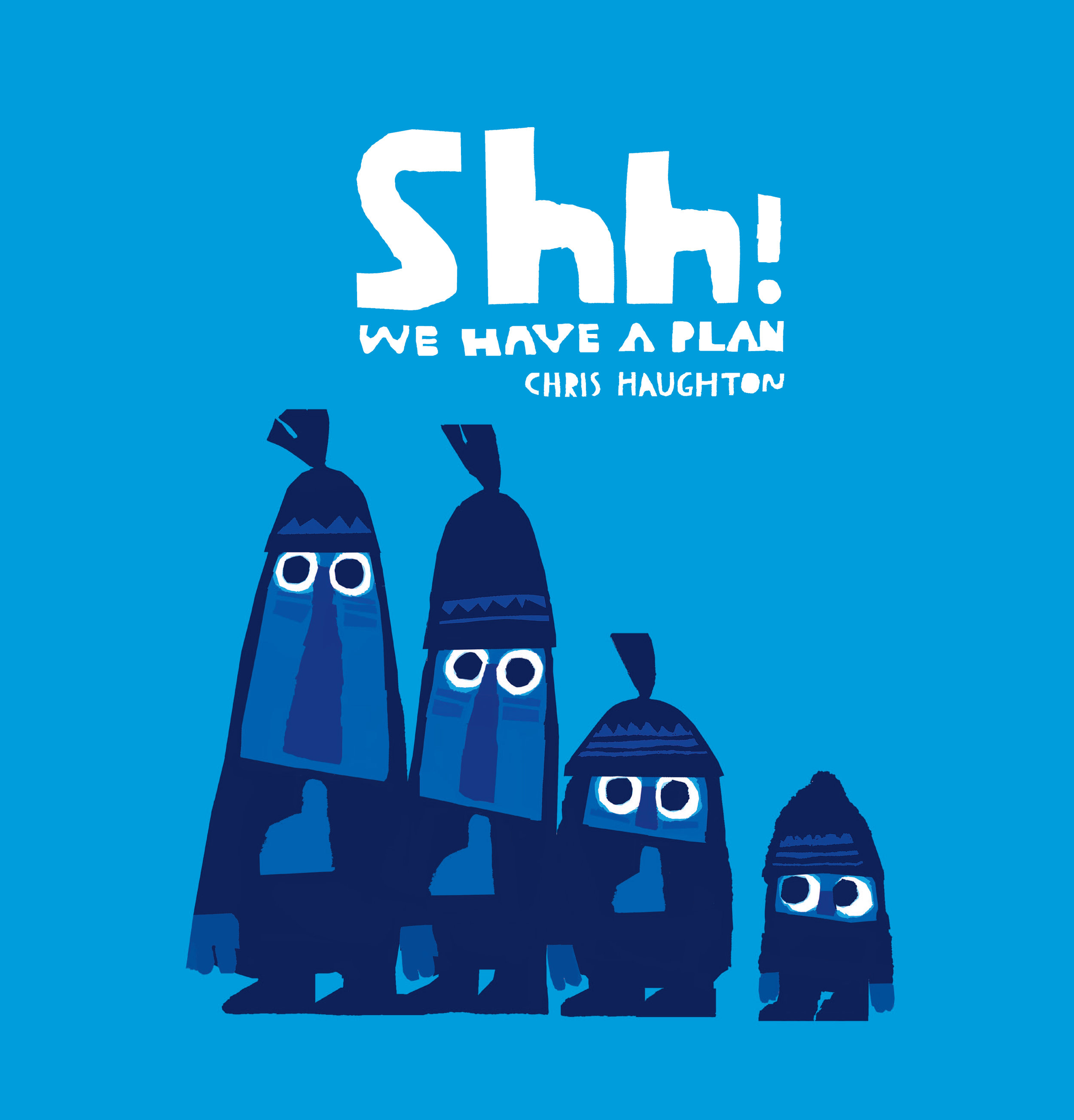

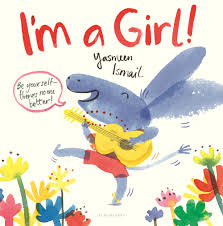
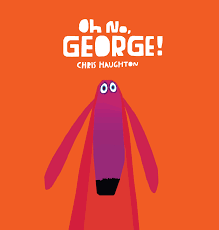
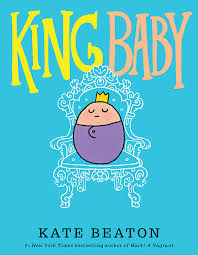
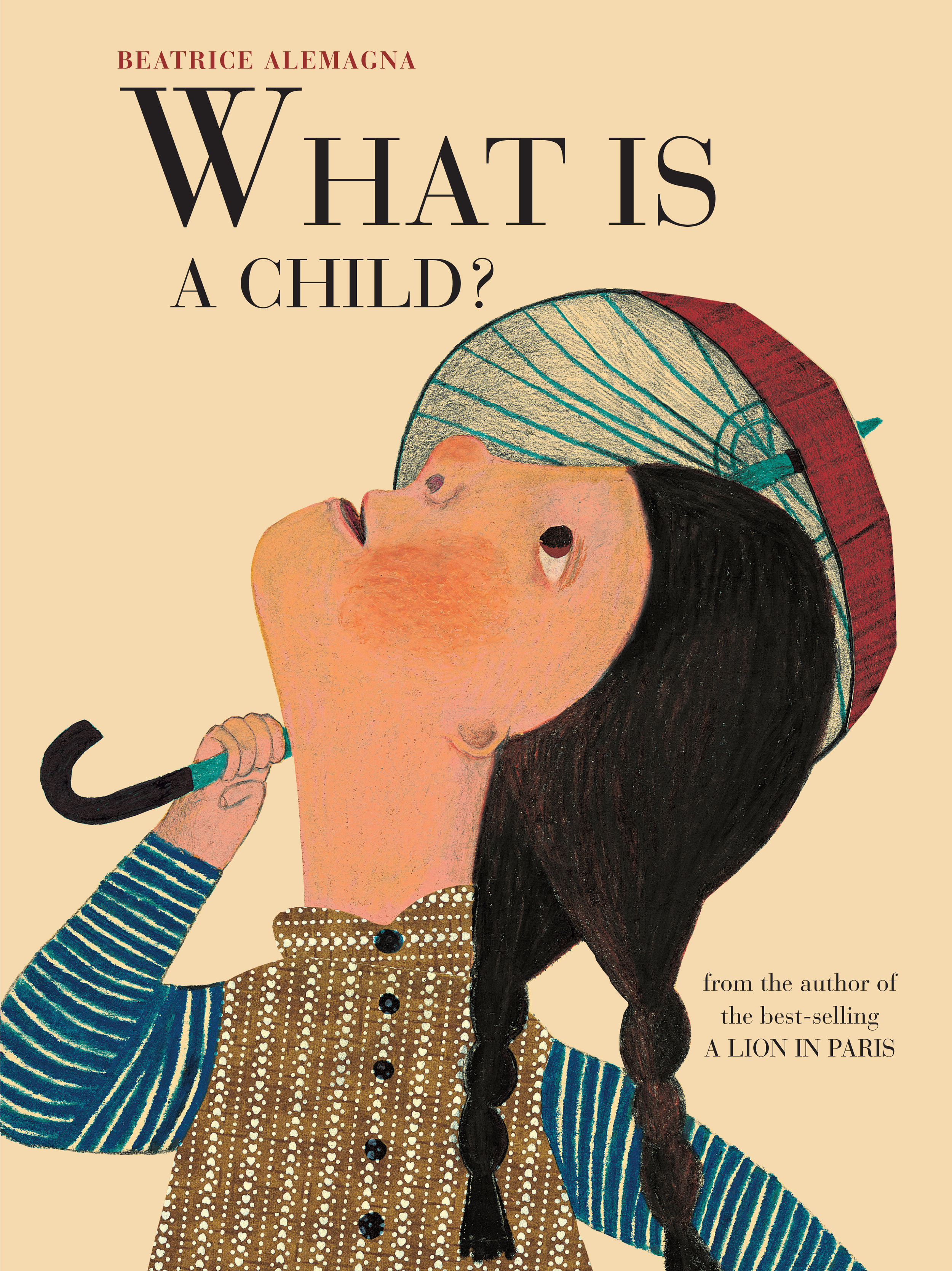

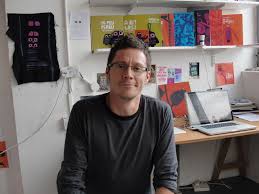


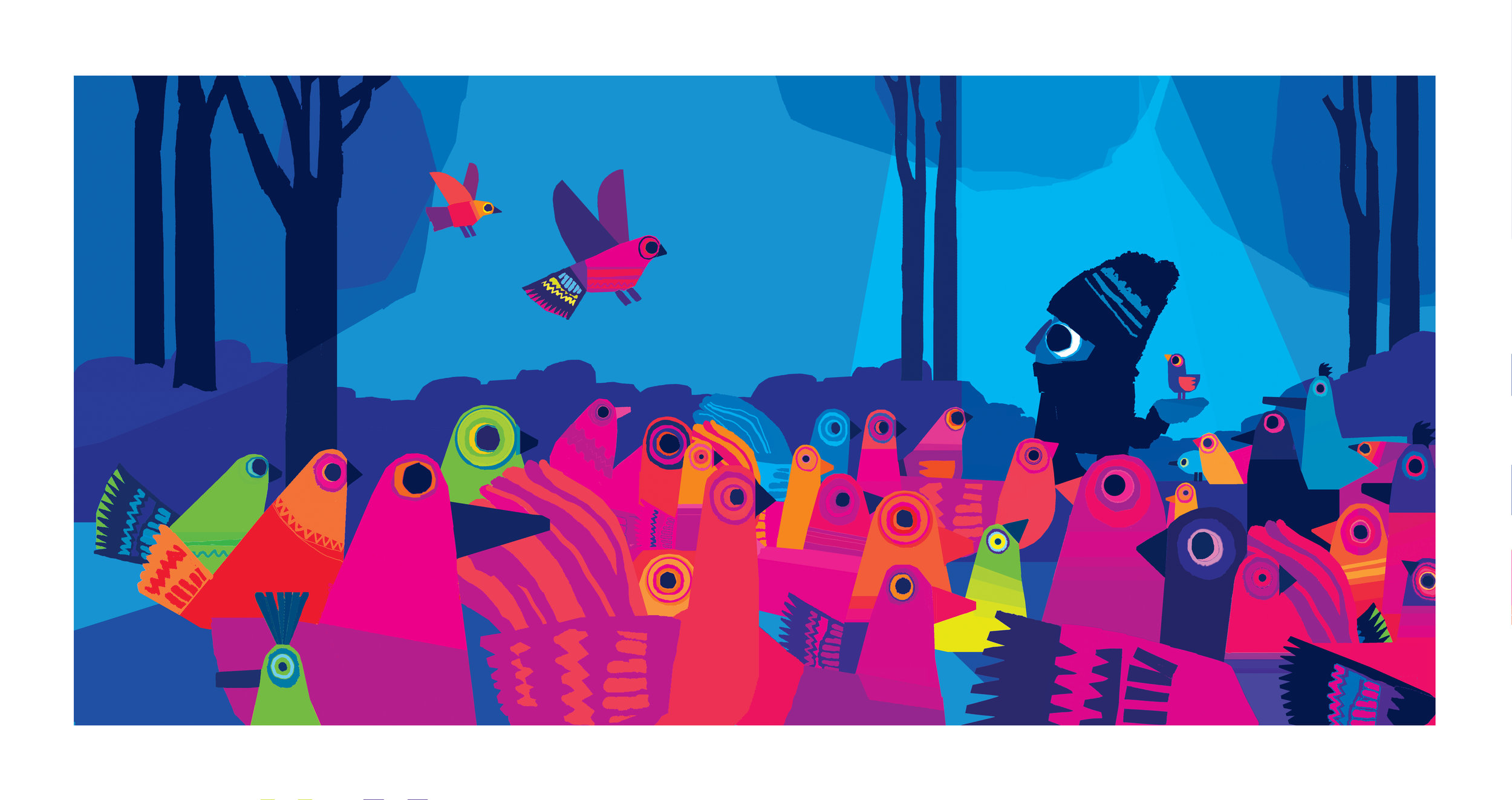
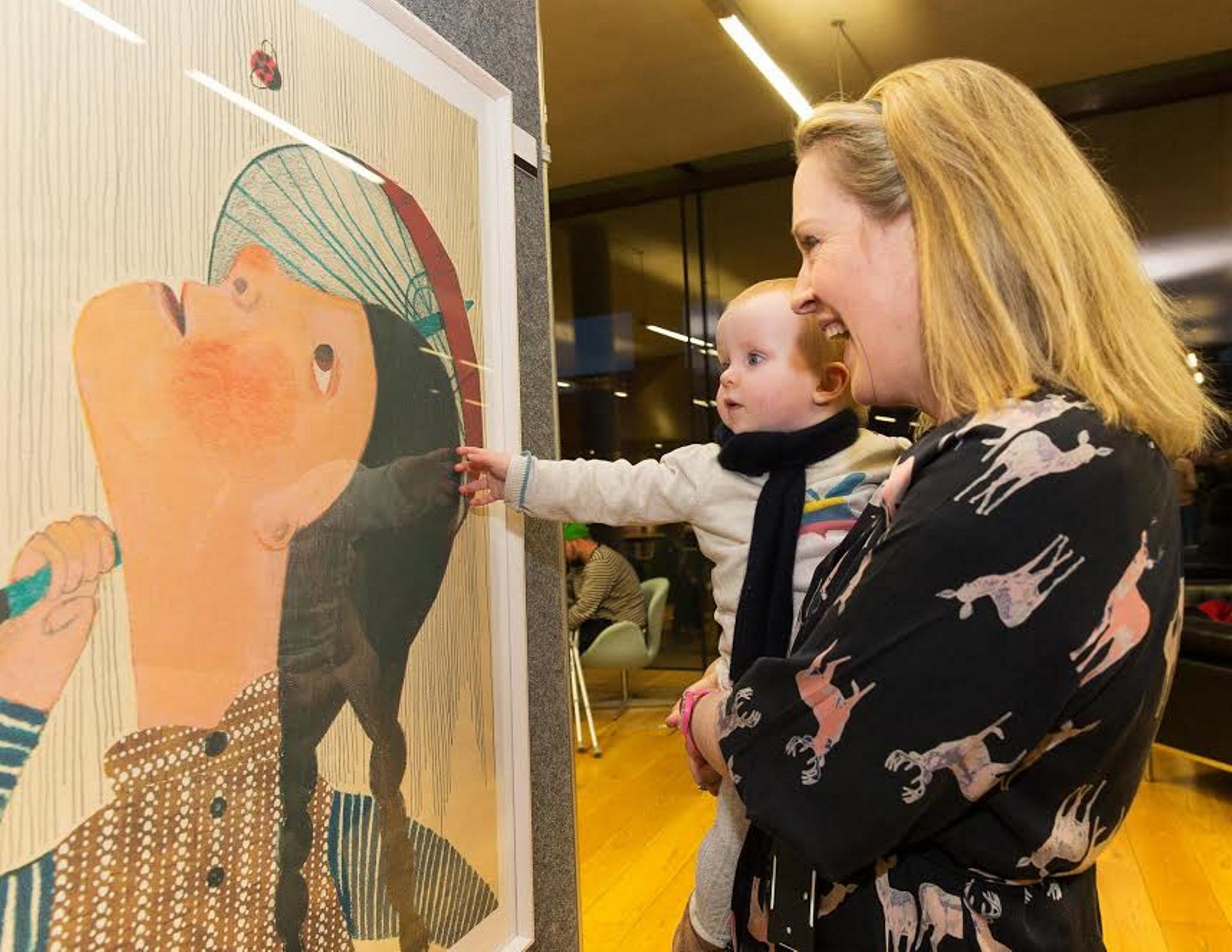

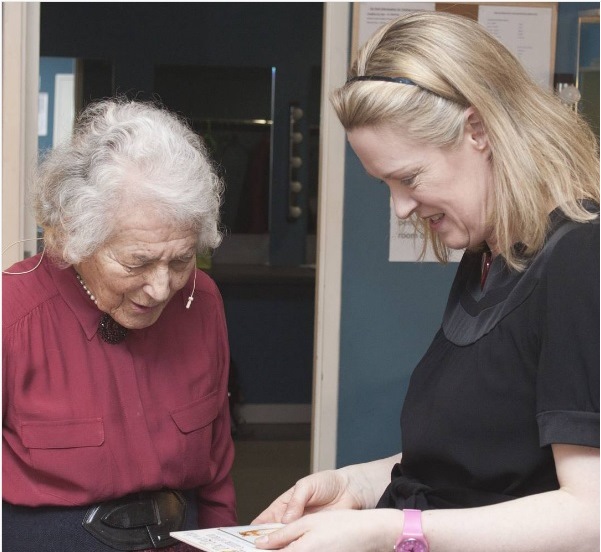
![IGFA3351[2].jpg](https://images.squarespace-cdn.com/content/v1/58973315e4fcb5808a5b7d9e/1491330855707-PFL0KUANLK1QTQ8G5ZNU/IGFA3351%5B2%5D.jpg)
![IMG_3190[1].JPG](https://images.squarespace-cdn.com/content/v1/58973315e4fcb5808a5b7d9e/1491330998720-IHMFQUESOLX8MKJVI6Y1/IMG_3190%5B1%5D.JPG)
![IMG_3287[1].JPG](https://images.squarespace-cdn.com/content/v1/58973315e4fcb5808a5b7d9e/1491331069958-OREGPJWZUD5VX3I5QJXM/IMG_3287%5B1%5D.JPG)
![IMG_3082[1].JPG](https://images.squarespace-cdn.com/content/v1/58973315e4fcb5808a5b7d9e/1491331189617-GI8WW0NYAJ6V8IC7DZF9/IMG_3082%5B1%5D.JPG)
![IMG_3079[1].JPG](https://images.squarespace-cdn.com/content/v1/58973315e4fcb5808a5b7d9e/1491331181274-BOPI0U93NWEK8S1LCIWR/IMG_3079%5B1%5D.JPG)
![IMG_3101[1].JPG](https://images.squarespace-cdn.com/content/v1/58973315e4fcb5808a5b7d9e/1491331201499-GHGY2JZXEL2H0Z5MP0RJ/IMG_3101%5B1%5D.JPG)
![IMG_3125[1].JPG](https://images.squarespace-cdn.com/content/v1/58973315e4fcb5808a5b7d9e/1491331229842-X1WPQ5Q03LL36P706M3O/IMG_3125%5B1%5D.JPG)
![IMG_3183[1].JPG](https://images.squarespace-cdn.com/content/v1/58973315e4fcb5808a5b7d9e/1491331234805-9KF75THUB3DBKM0T6CUP/IMG_3183%5B1%5D.JPG)
![IMG_3195[1].JPG](https://images.squarespace-cdn.com/content/v1/58973315e4fcb5808a5b7d9e/1491331254073-Q5TTL583HJIN6I0B3H0L/IMG_3195%5B1%5D.JPG)
![IMG_3191[1].JPG](https://images.squarespace-cdn.com/content/v1/58973315e4fcb5808a5b7d9e/1491331285903-12PQFGCYMSLV81CHJ69S/IMG_3191%5B1%5D.JPG)
![IMG_3216[1].JPG](https://images.squarespace-cdn.com/content/v1/58973315e4fcb5808a5b7d9e/1491331299379-YWVL62N1RO5MFDAUU9AC/IMG_3216%5B1%5D.JPG)
![IMG_3232[1].JPG](https://images.squarespace-cdn.com/content/v1/58973315e4fcb5808a5b7d9e/1491331327505-8ZZL1EF9XVZYPO0OZZEE/IMG_3232%5B1%5D.JPG)
![IMG_3268[1].JPG](https://images.squarespace-cdn.com/content/v1/58973315e4fcb5808a5b7d9e/1491331354625-H9X9TXYPJNAWCCFU1EKF/IMG_3268%5B1%5D.JPG)
![IMG_3238[1].JPG](https://images.squarespace-cdn.com/content/v1/58973315e4fcb5808a5b7d9e/1491331340186-5TWXGIYR6Q85QFOTRF4N/IMG_3238%5B1%5D.JPG)
![IMG_3323[1].JPG](https://images.squarespace-cdn.com/content/v1/58973315e4fcb5808a5b7d9e/1491331374921-IG4KDKDTXHE2UNE1RU07/IMG_3323%5B1%5D.JPG)
![IMG_3324[1].JPG](https://images.squarespace-cdn.com/content/v1/58973315e4fcb5808a5b7d9e/1491331389924-GAXZPLW0H7CBDIDND3CD/IMG_3324%5B1%5D.JPG)



